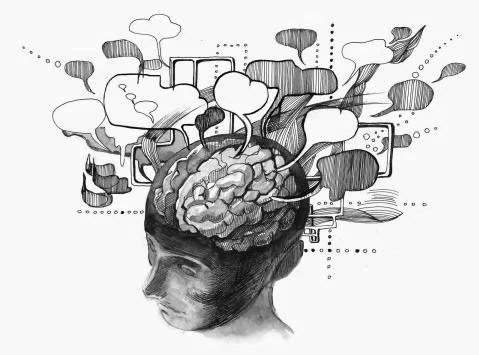In this conversation, life's getting rough and things are pretty tumultuous inside. My client's having trouble understanding the psychological roller coster she's on. We map out her nervous system's response and make sense of what's going on using the Window of Tolerance.
Conversations with Clients: Invisible Traumas
In Conversation: Do I Need Therapy for My Anxiety?
Shorts: EMDR & Anxiety
Anxiety can feel like a storm of worry, fear, and nervousness that is constantly raging within us, leaving us feeling overwhelmed and powerless. While therapy and medication can be effective in managing anxiety, some individuals find that traditional treatments are not enough. The good news is that Eye Movement Desensitization and Reprocessing (EMDR) therapy offers a promising approach to managing and reducing symptoms of anxiety.
In Conversation: Attachment Styles
Renee Ly
In Conversation: Why Narcissistic Tendencies Don't Make You a Bad Person
Shorts: EMDR & Depression
Depression can feel like a dark shadow that constantly hangs over us, leaving us feeling hopeless and helpless. While there are a number of different treatment options available for depression, including medication and psychotherapy, many people find that these approaches do not provide the level of relief they are seeking. For these individuals, Eye Movement Desensitization and Reprocessing (EMDR) therapy offers a promising approach to managing and reducing symptoms of depression.
Shorts: An Introduction to Somatic Therapy
If we were a symphony, our thoughts, feelings and physical sensations would be the instruments whose “sounds” come together to form the music - our moment to moment experience. While a piece of music may have lyrics, it’s so much more than just the words. And likewise, while our day to day experience may have a narrative, it’s so much more than just our thoughts.
Shorts: An Introduction to EMDR Therapy
Difficult, stressful and traumatic experiences can overwhelm the brain’s processing capacities, leaving the memories of such events stored in an unprocessed state in the brain. As a result, the memory becomes “frozen” in time and continues to elicit strong emotions, avoidance behaviours, and other symptoms of distress. EMDR can help with the unfreezing process.















